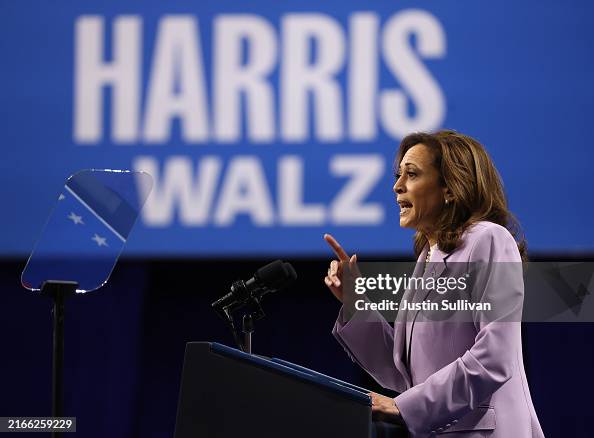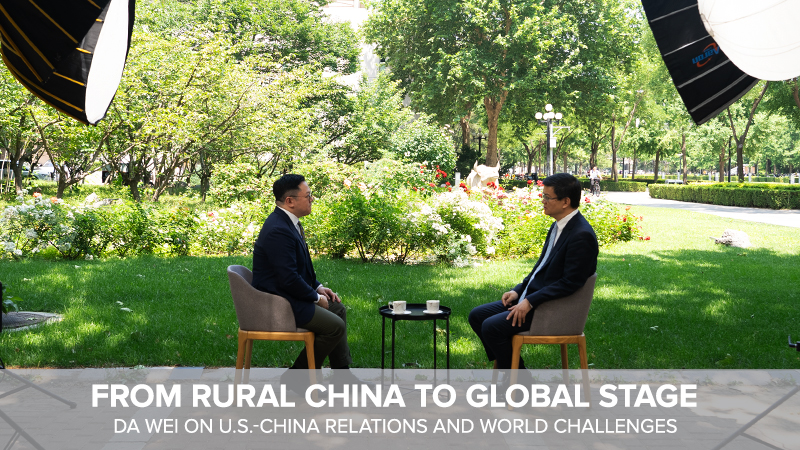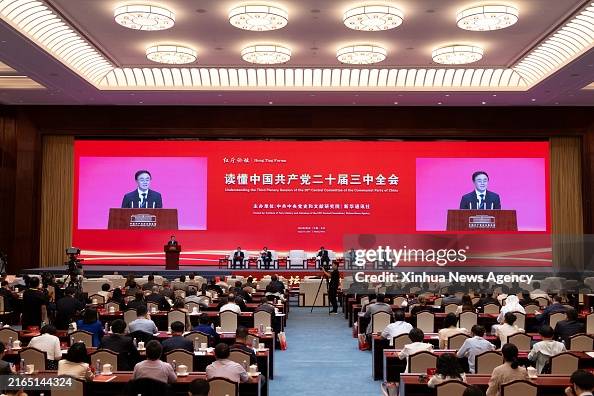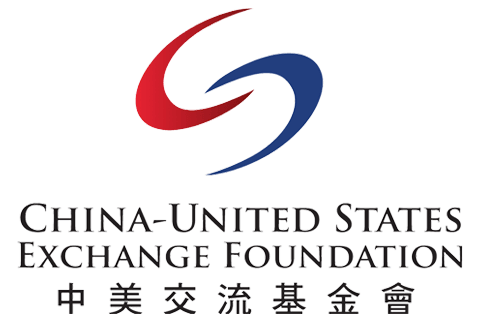
Dear Focus Reader,
This week, a senior U.S. delegation visited Shanghai for the fifth meeting of the U.S.-China Financial Working Group that was established last year to sustain economic and trade relations amid rising tensions. While few details from the two-day talks, held Thursday and Friday, have been disclosed, the agenda is expected to have touched on key issues like financial stability, cross-border data, and efforts to combat fentanyl trafficking. Chinese officials also likely voiced concerns over the escalating trade restrictions imposed by the U.S.
Reflecting on China's likely position going into the meeting, the state-run Global Times speculated that "as Washington continues to intensify its crackdown campaign against Chinese products and businesses, China will firmly push back… and steadfastly promote high-quality development at its own pace."
Recently, the Biden administration has also increased pressure on China to limit the export of chemicals used in fentanyl production, which often finds its way into the U.S. And this month, China announced new regulations on three of these chemicals, a move that the U.S. welcomed as a "valuable step forward."
In addition to these efforts, financial regulators from both countries have engaged in financial shock exercises this year to coordinate responses in the event of crises, such as cyberattacks or climate-related disasters, that could disrupt global banking or insurance systems. This coordination resembles Washington and Beijing's close efforts that were critical to managing and mitigating impacts of the 2007-2008 financial crisis, and analysts have noted that these activities signal a positive trend in cooperation despite the challenging geopolitical environment.
The meeting also coincided with some turbulence in China's economy, which experienced a dip this month despite slight optimism in July for future growth. New bank loans plunged to a 15-year low, exports slowed, and there has been a factory activity slump. Still, China remains committed to its 5% annual growth target. Although recent economic policies were announced at the Chinese Communist Party's Third Plenum in July, financial experts have said the sluggish start to the third quarter highlights the need for further fiscal stimulus to support domestic demand, particularly as the country continues to grapple with a prolonged housing downturn. Learn more on China-US relations by catching up on our latest Focus content, including topics on U.S. elections, education, and the Third Plenum.
The percentage of Americans who believe Washington should limit the power and influence of China, according to a Pew Research survey conducted in April 2024.
Learn more in "What J.D. Vance's Stance on China Says about America," by Mallie Prytherch, a researcher at Centre on Contemporary China and the World at the University of Hong Kong.
Exploring Similarities and Differences | CUSEF Internship Program
Watch VideoIn our Focus Insights section, we shared an article by Brian Wong discussing the potential implications of a Kamala Harris presidency on U.S.-China relations.
We want to hear from you!
How do you think a potential Kamala Harris presidency might impact U.S.-China relations compared to the current administration?
Submit your thoughts to USeditor@chinausfocus.com for a chance to be featured in next week's Focus This Week.
useditor@chinausfocus.com for more info.
Prepared by China-US Focus editorial teams in Hong Kong and New York, this weekly newsletter offers you snap shots of latest trends and developments emerging from China and the U.S. every week. It is a community space to exchange thoughts and ideas about the China-U.S. relationship and beyond.
- 2024-08-09 Focus This Week: Walz-ing into a new era?
- 2024-08-02 Focus This Week: Time Remaining
- 2024-07-26 Focus This Week: Political Shifts
- 2024-07-19 Focus This Week: The Third Plenum
- 2024-07-12 Focus This Week: 75 Years of NATO
- 2024-06-28 Focus This Week: The Race to November
- 2024-06-21 Focus This Week: Global Currents
- 2024-06-14 Focus This Week: A Diplomatic Tour
- 2024-06-07 Focus This Week: Searching for Peace
- 2024-05-31 Focus This Week: A Rare Meeting
- 2024-05-24 Focus This Week: Inauguration Across the Strait
- 2024-05-17 Focus This Week: Alliance Strengthened
- 2024-05-10 Focus This Week: Strategic Partnership
- 2024-05-03 Focus This Week: Xi's Heading to Europe
- 2024-04-26 Focus This Week: Advancing Relations
- 2024-04-19 Focus This Week: Collective Concerns
- 2024-04-12 Focus This Week: Regional Coordination
- 2024-04-05 Focus This Week: Diplomatic Engagement
- 2024-03-29 Focus This Week: Economic Goals
- 2024-03-22 Focus This Week: Promoting Exchange



